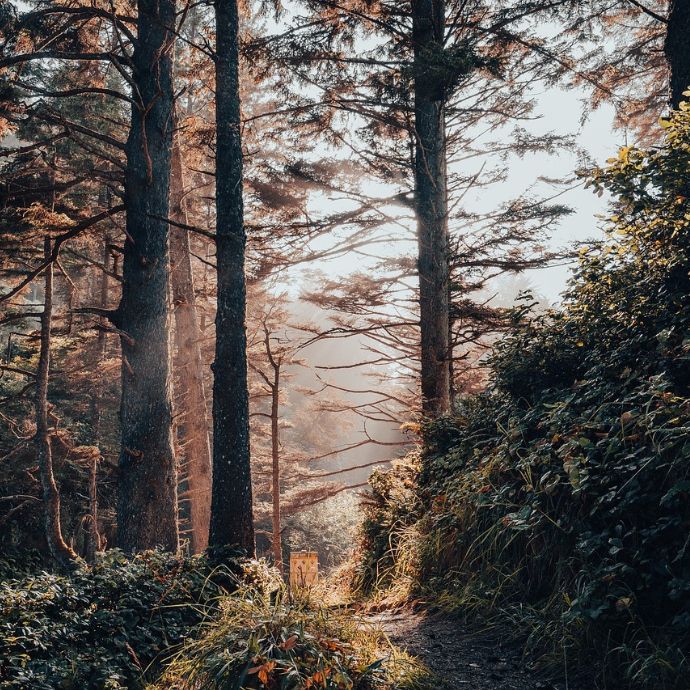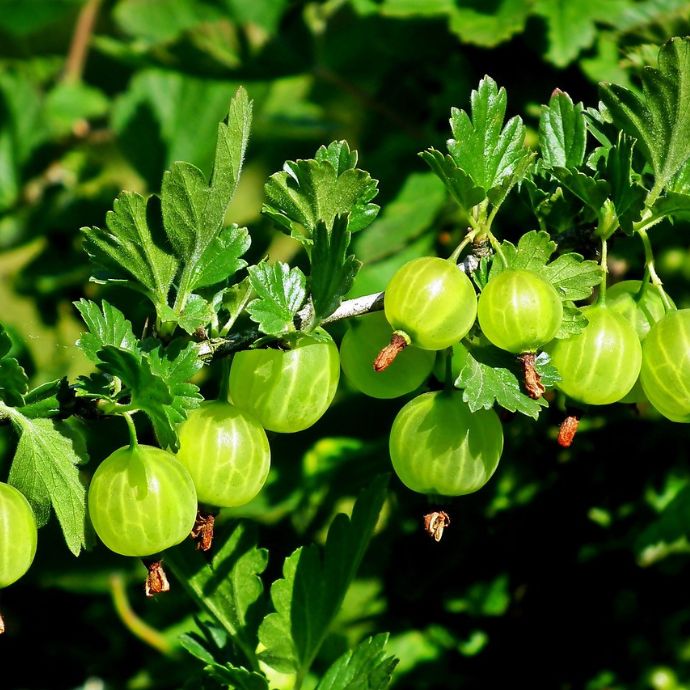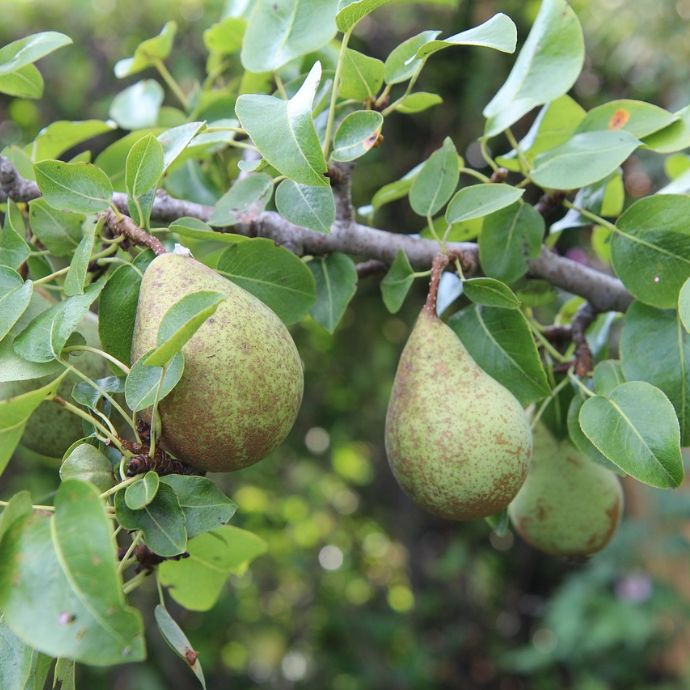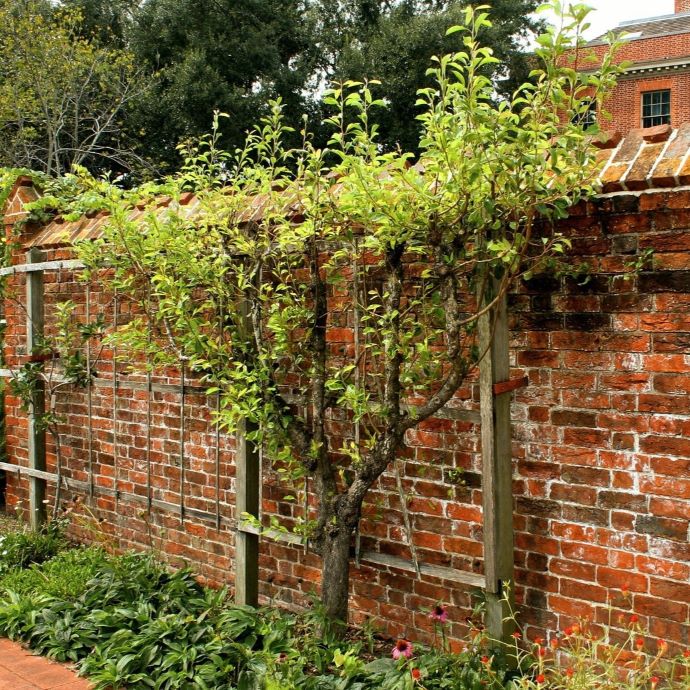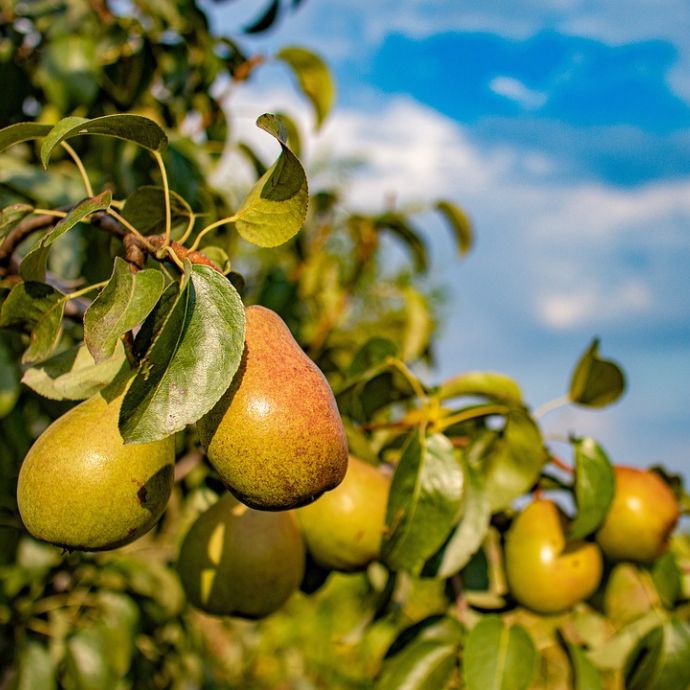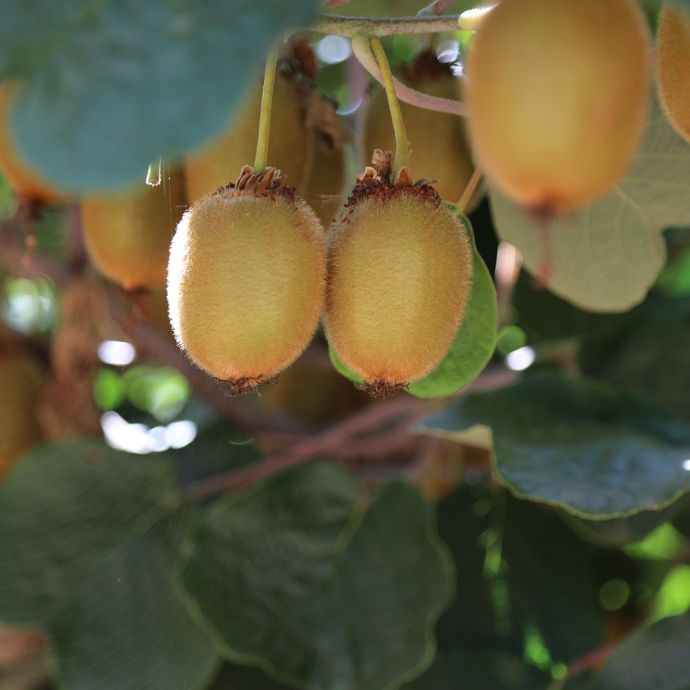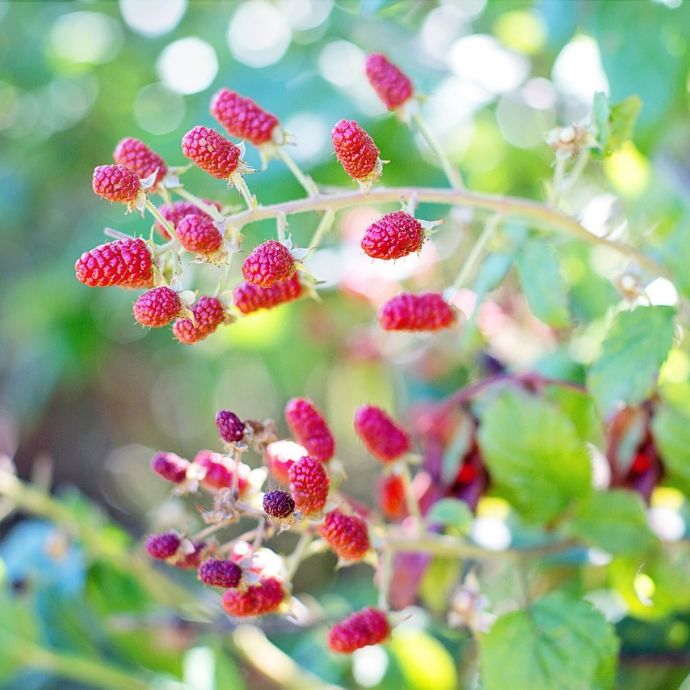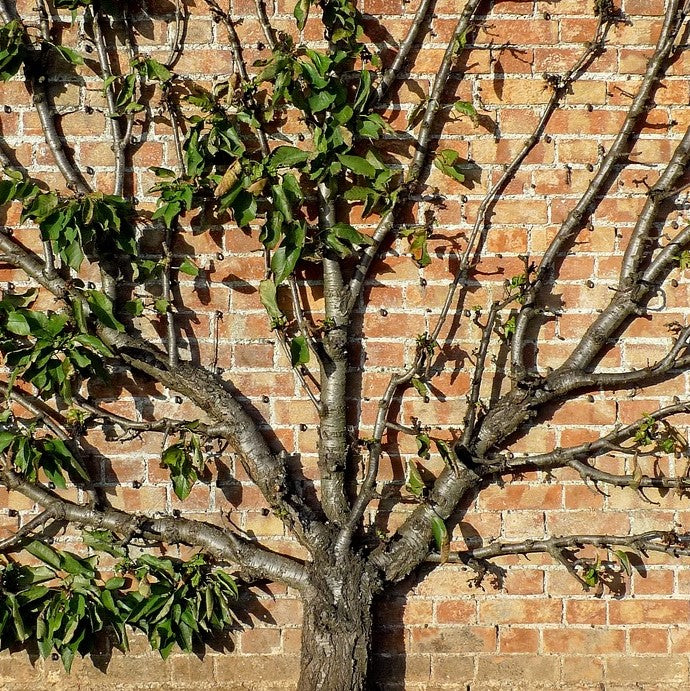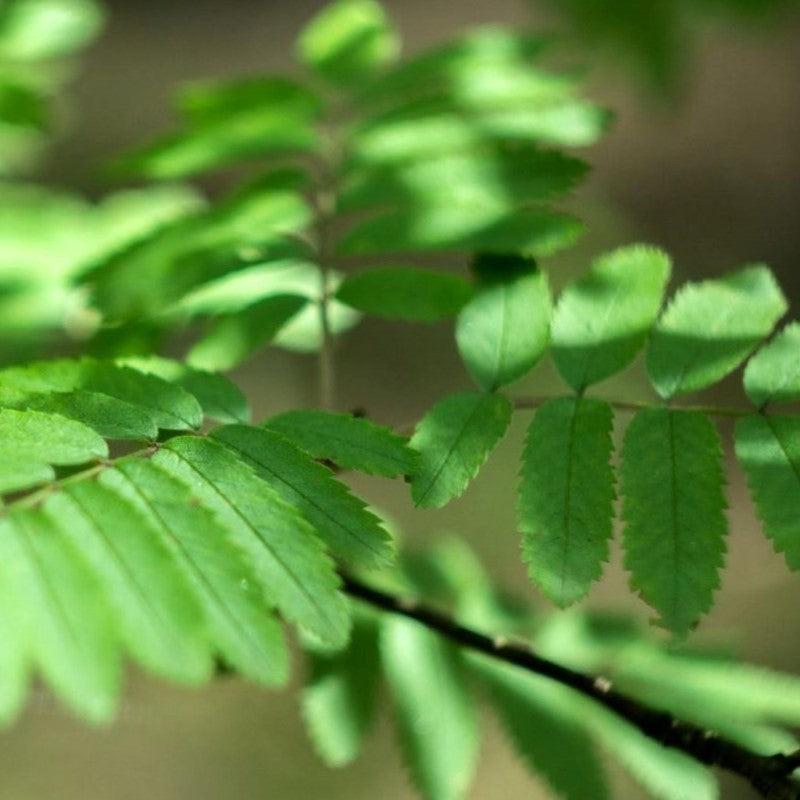Advice & Inspiration
How to Recycle Plant Pots (And Everything Else!)
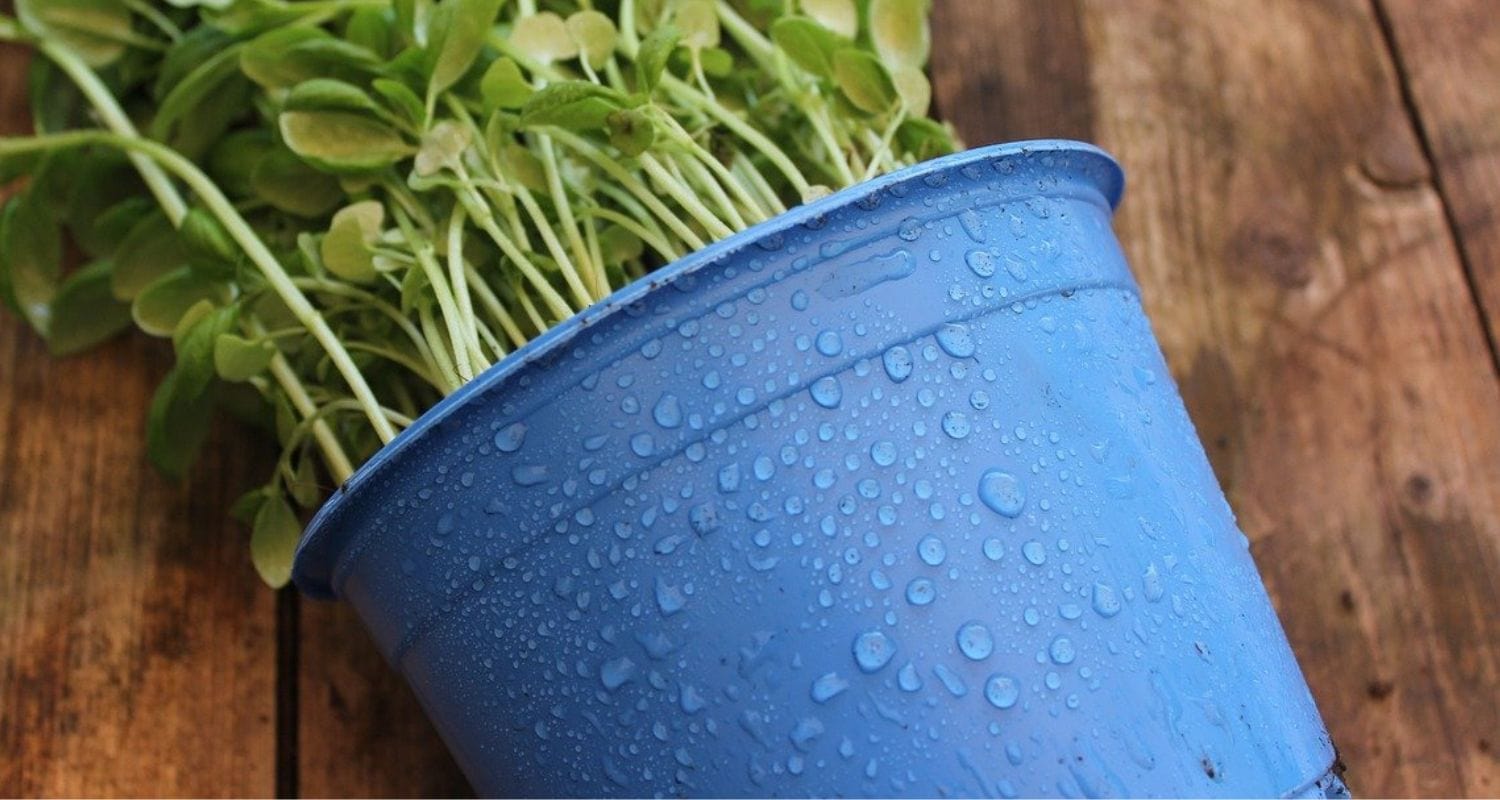
At Roots, we’re so enthusiastic about recycling that people actively avoid us at parties. Our aim is to work towards being completely plastic free as soon as possible, and we’ve already made great strides, with fully compostable boxes and reduced plastic use.
Our UK growers are of the same mind. They’re always looking for ways to minimise their environmental impact, embracing everything from replacing plastic sticky tape with paper tape to using recycled rainwater for their plants (it’s better for them too). Perhaps you've been wondering what to do with old plastic flower pots? We've got you covered.
We know from your reviews and messages that recycling and reuse is important to our customers, so together with the growers, we’ve produced this guide to reducing plant packaging waste at home.
Jump to:
- How your plants arrive
- Reducing, reusing and recycling at the nurseries
- Recycling and reusing at home
- Compostable materials
- Kerbside recycling or visiting the local recycling centre
- LDPE (4) plastics
- HDPE (2) plastics
- PP (5) plastics
- PET (1) plastics
- The future of our packing
How your plants arrive
One of the first things we did back in Roots prehistory was to design packaging that could be put straight on the compost heap, helping to nourish your plants in the future. The tape is paper too, so there’s no need to remove it if you put it in your kerbside recycling box.
How we reduce, reuse and recycle at the nurseries
All of our growers have been using sustainable working practices for years and are always working towards more. Jack, who grows our perennials, says “we’re massively committed to reducing our waste and recycling everything we possibly can to keep it out of landfill. Low waste, high recycling is our mantra!” Hear hear. Across all of our nurseries, the growers are also:
- Using biological pest control: because pesticides aren’t just bad for wildlife, they’re not great for the plants either.
- Using rainwater for watering plants: this is collected in water butts and from the roofs of the glasshouses.
- Leaving areas of land for wildlife: this benefits us too, by attracting pollinators as well as aphid predators like ladybirds, beetles and wasps which take care of a large part of the pest control. Our pond nursery even has resident ducks …
- Using as much recycled cardboard as possible.
- Recycling plastic pots: Our pond plant growers don’t just use recycled pots - they pioneered their use. For over forty years, they’ve been using 100% recycled PPCP (Polypropylene co-polymer) aquatic baskets, being the first to do so in the UK. Meanwhile at our perennial nursery, Jack and the team send any unused or broken pots back to the pot supplier, where they’re made into new ones. “A very nice closed loop,” as he says.
- Cutting peat use: our growers are working towards eliminating any peat compost use long before the 2030 ban comes into force.
- Using as much recycled plastic as possible in pots, labels and care cards.
- Giving away green waste given to the local farming community so they can spread it on to their fields as compost.

How to recycle or reuse at home
Our commitment to sustainability doesn’t end when your plant is delivered - perish the thought. Our rigid plastic pots can of course be reused for many years, but when you’re finished with them, here’s where to recycle them - along with all the other parts of our packaging.
Compost these:
- Cardboard boxes
- Care leaflets
- Catalogues
- Paper masking tape
- Paper sacks
- Plant canes
Alternatively, you can recycle the cardboard and paper in your kerbside collection.

Recycle these in your kerbside box or at a council recycling centre:
- Staples: any staples used to fasten paper bags are steel and can go in the metal can collection.

LDPE plastics (with a number 4 logo)
Wipe or rinse these and take them to a supermarket carrier bag recycling point:
- Waterlily bags
- Pond plant box liners
- Plastic bags around tree/shrub roots
- Polypots (used on potted trees)
We’re currently switching the bags in our tree nursery to LDPE manufactured mainly from seaweed, rendering them almost carbon neutral (this doesn’t affect their recyclable properties).

HDPE plastics (with a number 2 logo)
Some councils recycle these at the kerbside, but if not, look for a council recycling centre or TerraCycle drop off point near you:
- Aquatic fertiliser
- Rootgrow pouches

PP plastics (with a number 5 logo)
These plastics are not easily recycled, try to reuse as much as possible:
- Rigid pots can be reused, given away on neighbourhood socials or offered to your local community garden or school. Some garden centres will also accept them for recycling. If they’re brown, they can sometimes be recycled at household recycling centres or at the kerbside.
- Tree netting (on trees over 2m) can be repurposed as pea netting to keep the birds off your plants.
- Plastic sticky tape - unfortunately this can’t be reused.

PET plastics (with a number 1 logo)
Not easily recycled, check with your local recycling centre* or re-use:
- Plant labels - reuse by sticking on some masking tape and writing on it with marker pen.

If anyone’s interested,** these plastic abbreviations stand for:
- PET (1) Polyethylene terephthalate
- HDPE (2) High density polyethylene
- LDPE (4) Low density polyethylene
- PP (5) polypropylene
*colloquially known as the tip.
**I guess it’s possible.
If you’re not sure where to recycle a particular material locally, get in touch with your local council or check on the website of the British Plastics Federation, which has a really helpful guide.
The future of our packaging
We and our growers continue to look for even more ways to reduce our carbon footprint and cut plastics use in future. You can find out more about our growers and how your plants are raised in our Meet The Growers feature.
